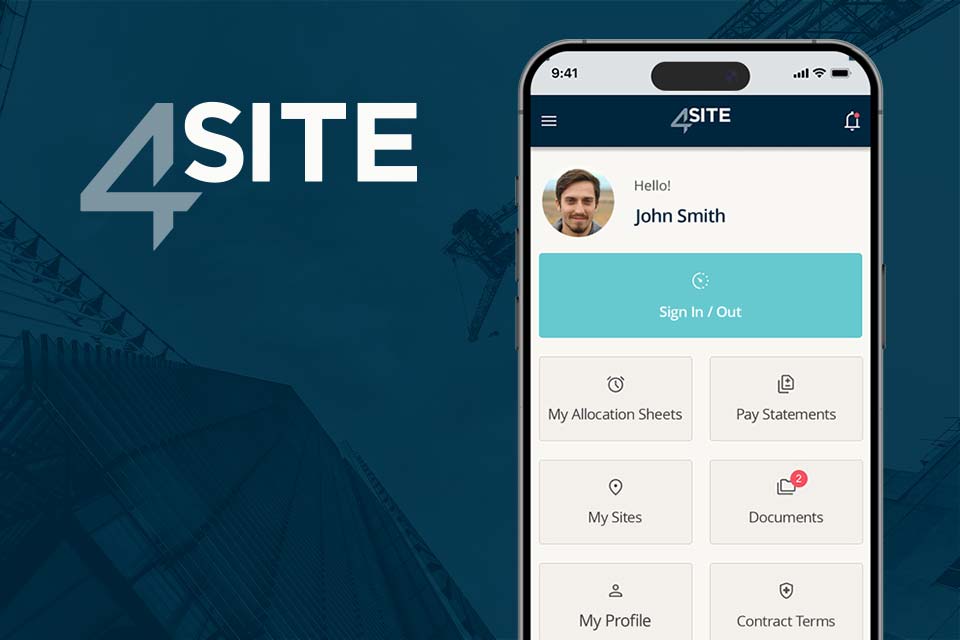4th January 2016 | Hudson Contract
If you work within the construction industry it is likely that you have heard about the Construction Industry Scheme (CIS). CIS is a tax deduction scheme for those who work as a contractor for a construction company.
Direct employees do not need to register for CIS as PAYE covers their tax deductions directly from the employer.
Who has to register for CIS?
The CIS applies to those who pay subcontractors to carry out construction work for them; it also applies to those businesses who are not within the construction industry but do spend more than £1million per year on construction.
It does not matter if you are a limited company, a sole trader or act within a partnership. CIS applies to all.
The rules around CIS
If you fall within the remit of the CIS then there are some particular rules that you will need to adhere to in order to ensure that you are acting correctly. This includes:
- Registering for CIS before you take on any subcontractors
- Ensuring that you have carried out the appropriate checks as to whether they should be a direct employee instead of a subcontractor
- Contact HMRC to confirm that the subcontractor themselves has registered with CIS.
Once set up, any payments made to those subcontractors will then need to have deductions made to cover tax and National Insurance contributions. These deductions should then be sent to HMRC.
You will also need to submit a monthly return to notify HMRC of payments made to contractors. This is one of the most important parts of the scheme and needs to be adhered to in order to avoid penalties.
What are the penalties?
We have outlined what is expected of you as part of the CIS; however we should also look at the penalties that you could face if you do not act within the schemes’ guidelines.
Late monthly return - your monthly return to HMRC is due on the 19th of every month. If the return is made late then there are penalties that will be applied. These are on a scale that increases depending on the lateness of your return.
- Initial penalty for failure to submit return by the 19th- £100
- Return outstanding after 2 months - additional £200
- Return outstanding after 6 months - additional £300 or 5% of the CIS deductions (whichever is the highest amount)
- Return outstanding after 12 months - additional £300 or 5% of the CIS deductions (whichever is the highest amount)
- Returns later than this - an additional penalty of up to £3,000 or 100% of the CIS deductions on the return, whichever is higher.
Incorrect status for subcontractor on monthly return - this particular error can result in a penalty of up to £3,000.
It is important to remember that whilst you only need to file a return for those months that you make payments to subcontractors, you will need to tell HMRC that no return is due.
As you can see the penalties that apply to late or incorrectly filed CIS returns can soon mount up.
This is why it is important to be aware of what is expected of you within CIS and ensure that you are acting within each regulation. Otherwise your business could be affected.



